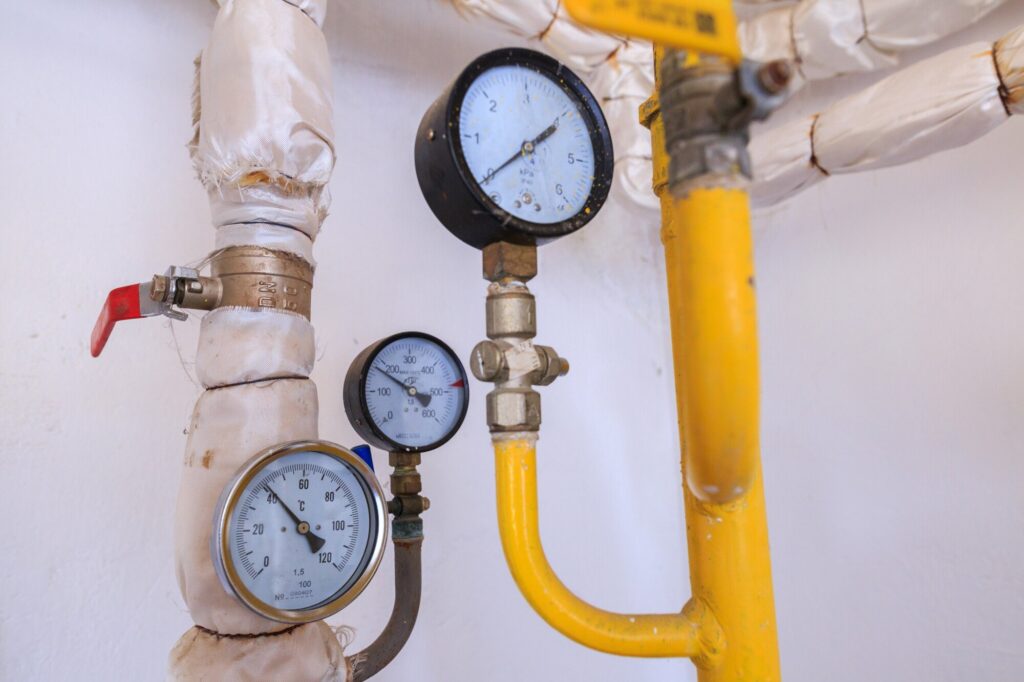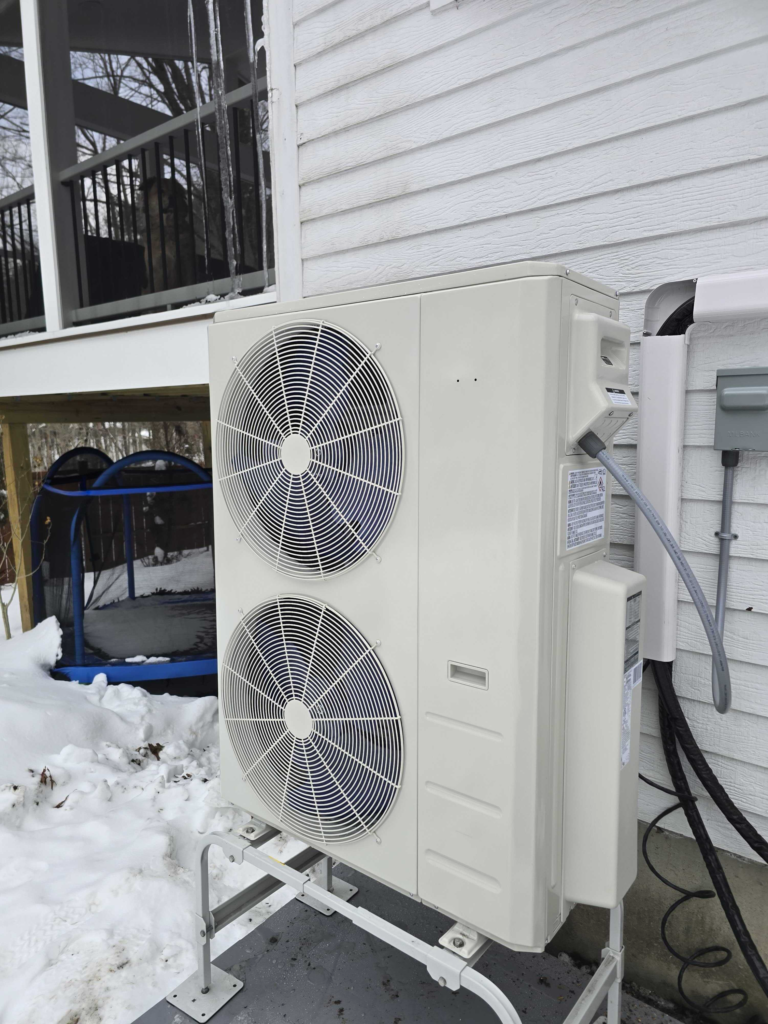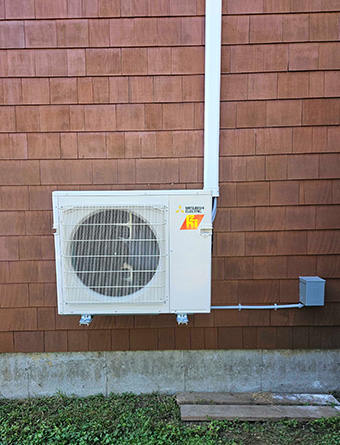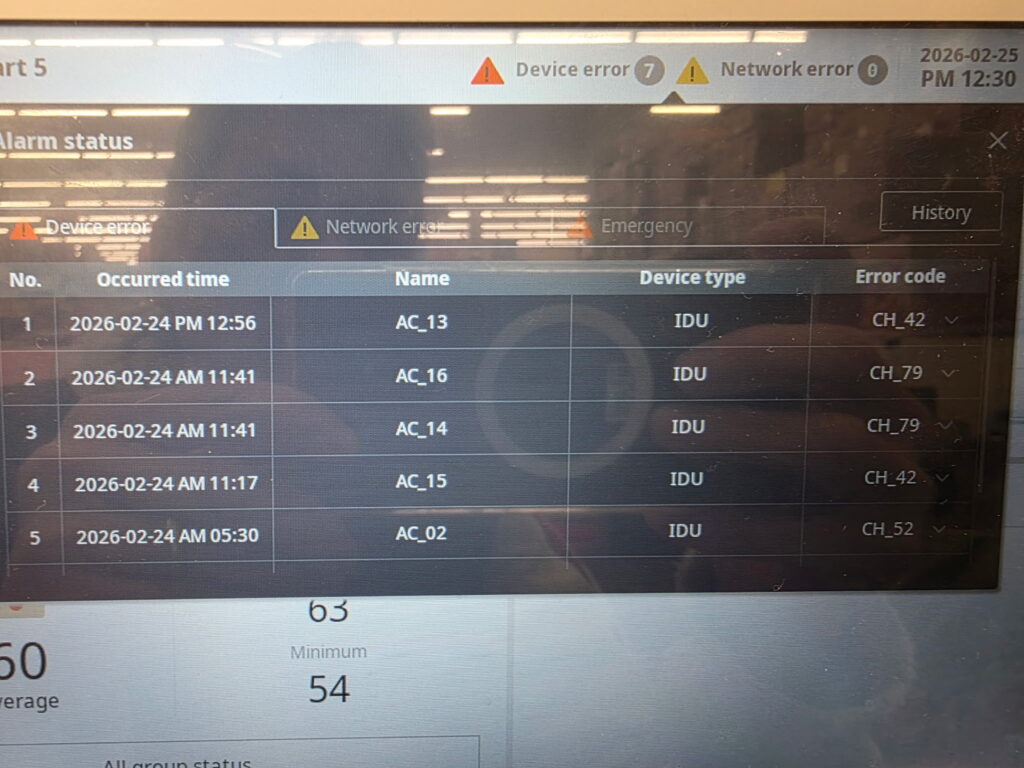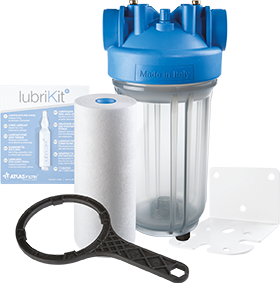Ever wondered how long do water heaters last before you’re left with a cold shower? Many homeowners don’t think about their water heater until it stops working. In fact, the average water heater in the U.S. lasts about 8 to 12 years, according to Lowe’s.
Today, we’re taking a closer look at:
- The key factors that affect a water heater’s lifespan
- How to identify early signs of potential failure
- Practical tips to extend the life of your water heater
Table of Contents
ToggleHow Long Do Water Heaters Last?
Most people don’t think about their water heater until something goes wrong. But knowing how long it’s likely to last can help you plan ahead and avoid sudden breakdowns.
There are three primary things to consider when looking at a water heater’s average life expectancy:
- Tank vs. tankless systems
- Electric vs. gas-powered models
- How daily use and care affect performance over time
Tank vs. Tankless Systems
Traditional tank water heaters usually last between 8 and 12 years. These units heat and store water constantly, which puts steady wear on the system. The more the tank works, the more it builds up sediment and pressure over time.
That daily stress limits how long the system can run efficiently. On the other hand, tankless models don’t store water. They heat water only when needed.
The design tends to wear less over time, which helps extend the water heater lifespan. Tankless water heaters can last up to 20 years, sometimes more, if properly cared for.
Electric vs. Gas-Powered Models
The energy source makes a difference, too. Gas water heaters tend to run a little hotter, which can wear parts down faster.
Many gas models have a lifespan on the shorter end of the range, closer to 8 years, while electric units often last up to 12 years. That said, the gap between gas and electric units can narrow with proper upkeep.
How Use and Care Affect Performance Over Time
Daily habits and maintenance also shape how long a water heater will last. A large family may put more strain on a tank than someone living alone.
Sediment buildup, hard water, and skipped water heater maintenance all wear down parts faster. Simple tasks like flushing the tank and checking the anode rod can make a big difference in the long run.
Factors That Influence a Water Heater’s Lifespan
Even the best water heaters don’t last forever, but some last longer than others. Four main things play a part in how long a water heater will last:
- Water quality and mineral content
- How the unit was installed
- Daily usage and water demand
- The materials used in the tank or components
Water Quality and Mineral Content
Hard water is one of the biggest reasons water heaters wear out sooner than expected. When water has high mineral content, those minerals build up inside the tank.
Over time, this sediment can:
- Block heat transfer
- Reduce efficiency
- Wear down the inside of the tank
The more buildup, the harder the unit has to work. That extra strain shortens the overall water heater lifespan.
How the Unit Was Installed
The way a water heater is installed matters more than people think. If it’s not placed on a solid base or if the connections aren’t properly secured, the system may leak or shift.
Poor ventilation on gas models can also affect performance and safety. A sloppy or rushed setup can lead to small problems that grow over time.
Daily Usage and Water Demand
How much hot water your household uses every day makes a difference. A small home might only run a couple of loads of laundry and a few showers per day. A large family, on the other hand, can push a unit to its limits.
The more often a water heater has to heat and recover, the faster parts wear out. Even high-end models will break down faster under constant demand.
The Materials Used in the Tank or Components
Not all tanks are built the same. Some use stronger metals or have protective linings that hold up better against corrosion.
The anode rod, for example, is designed to draw corrosion away from the tank walls. If the rod wears out and isn’t replaced, the tank will start to rust. Models with glass or ceramic linings tend to last longer than those without.
Common Signs of Water Heater Failure
No water heater lasts forever, but knowing what to watch for can help you act before it completely breaks down. Some problems show up slowly while others appear without warning. Either way, it helps to catch them early.
Four signs often mean your water heater is failing:
- Leaks around the tank or fittings
- Rust-colored or cloudy hot water
- Unusual sounds from the tank
- Inconsistent water temperature or rising energy costs
Leaks Around the Tank or Fittings
Water that pools near the bottom of your tank is a clear warning sign. Small leaks may come from loose connections but leaks from the tank itself are often a sign of long-term wear.
Once a tank starts to crack or corrode, repairs usually won’t help. At that point, a full water heater replacement is often the only safe option. Even a small leak can lead to damage if left alone.
Rust-Colored or Cloudy Hot Water
If your hot water starts coming out discolored, the issue may be inside the tank. Rust-colored water usually means corrosion is taking place. That can come from inside the tank or from worn plumbing nearby.
Either way, it’s a warning that your system is breaking down. In some cases, replacing the anode rod can help. If the problem keeps coming back, the tank may already be too far gone.
Unusual Sounds from the Tank
Banging, popping, or hissing sounds often mean sediment has built up at the bottom of the tank. As the system heats the water, the sediment can trap air and cause noise.
These sounds aren’t just annoying – they mean your heater is working harder than it should. That can wear out parts and shorten the water heater lifespan.
Inconsistent Water Temperature or Rising Energy Costs
If your hot water runs out faster than it used to, or the temperature keeps shifting, your heater may be wearing out. Heating elements can fail, or buildup can block heat transfer.
These problems often lead to longer heating times and higher bills. If your energy costs have been rising without any clear reason, the heater could be the problem.
The Role of Maintenance in Extending Lifespan
Regular care can make a big difference in how long your water heater lasts. Some maintenance steps take just a few minutes but can help you avoid major problems later. If you want your system to last as long as possible, there are four key steps to focus on:
- Flushing the tank to remove sediment buildup
- Inspecting or replacing the anode rod
- Setting the water temperature to a safe level
- Checking for early signs of wear or leaks
Flushing the Tank to Remove Sediment Buildup
Over time, minerals in the water settle at the bottom of the tank. This buildup makes it harder for the system to heat water and can damage the tank from the inside.
Flushing the tank once a year helps remove that sediment. It’s a simple step that can keep the system running more efficiently and reduce the risk of long-term damage.
Inspecting or Replacing the Anode Rod
The anode rod is a metal rod inside the tank that helps slow down corrosion. It breaks down over time, which is exactly what it’s meant to do.
But once it wears out, the tank itself starts to corrode. Checking the rod every few years and replacing it when needed can add years to the water heater’s lifespan.
Setting the Water Temperature to a Safe Level
Keeping the temperature too high puts extra strain on the system. It also increases the risk of burns and energy waste.
Most manufacturers recommend keeping the setting around 120 degrees Fahrenheit. This level is hot enough for daily use but not so high that it wears the heater out too quickly.
Checking for Early Signs of Wear or Leaks
Looking over the water heater once in a while can catch problems early. Small leaks, rust spots, or unusual sounds often show up before major breakdowns.
If you spot issues early, you might be able to fix them before they grow worse. That kind of attention can keep a small repair from turning into a full water heater replacement.
Water Heater Replacement
Knowing how long water heaters last can help you plan ahead and avoid unexpected problems. With regular care, smart upgrades, and timely replacement, your system can serve you well for years.
At Endless Energy, we’ve been helping Massachusetts homeowners save money and energy since 1980. As a family-run, LGBTQ+ owned company, we proudly serve areas like MetroWest, Central Mass, and Greater Boston. Our licensed team handles heating, cooling, plumbing, and more, delivering energy-efficient solutions while promoting a diverse and motivated workplace culture.
Get in touch today to find out how we can help with your water heater!
